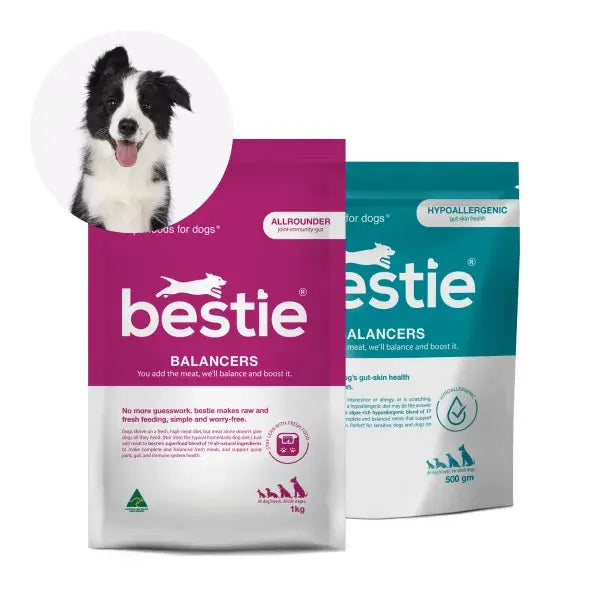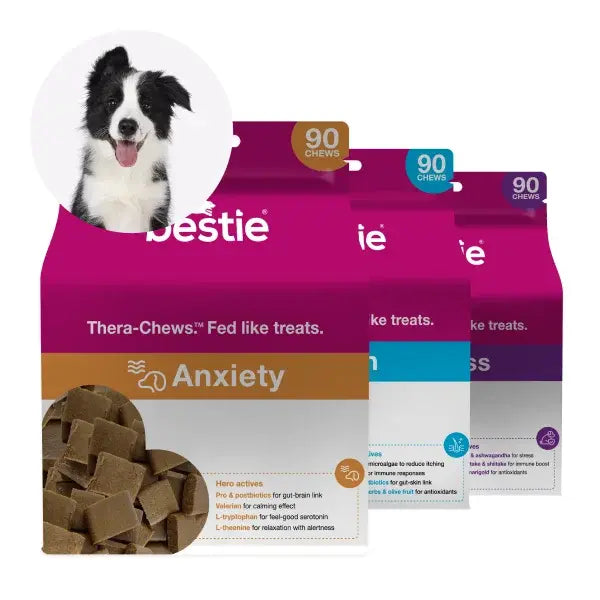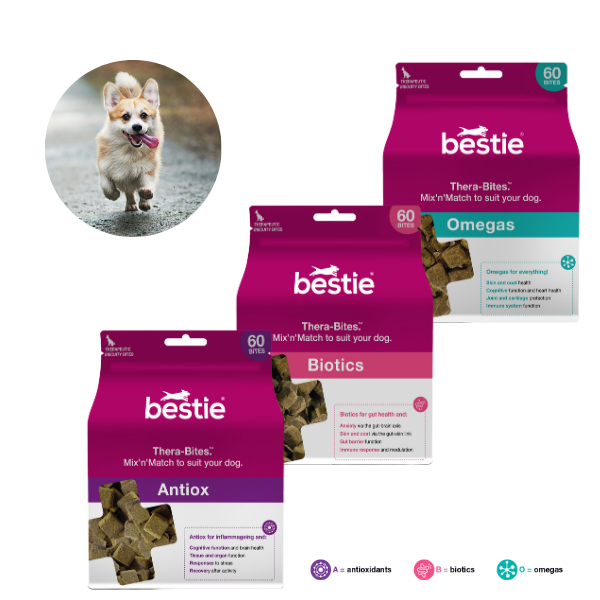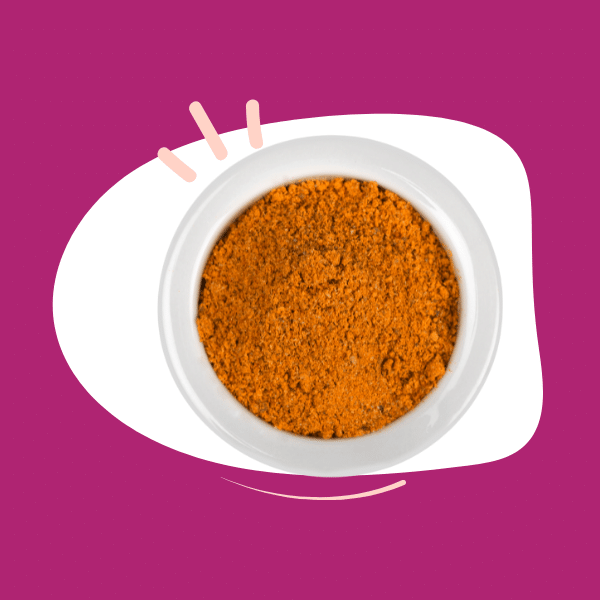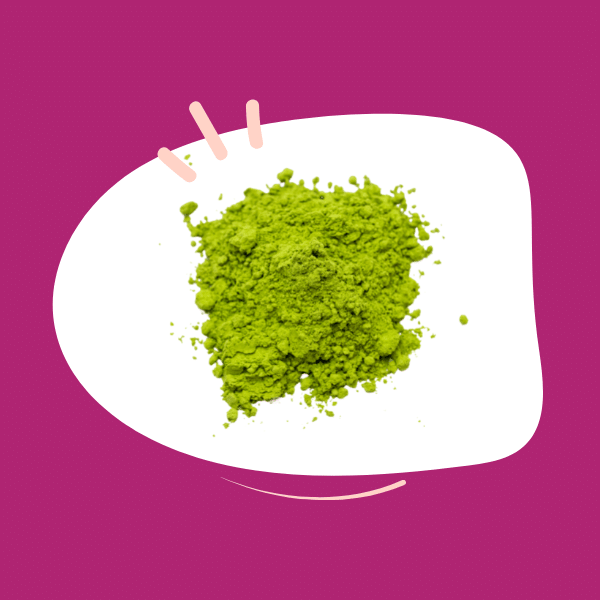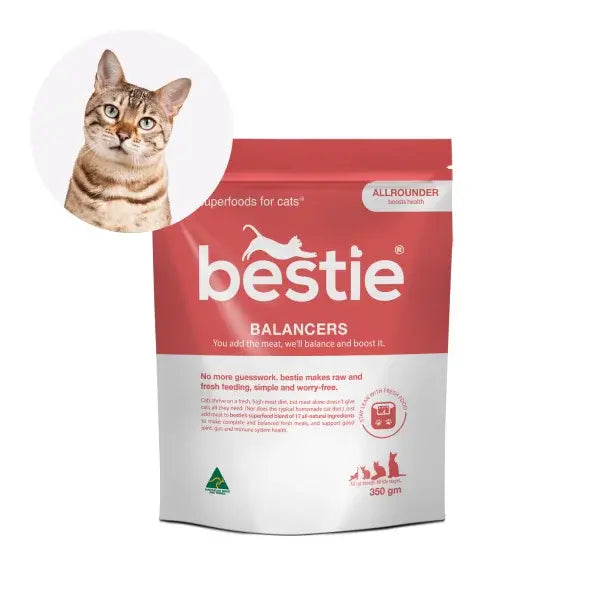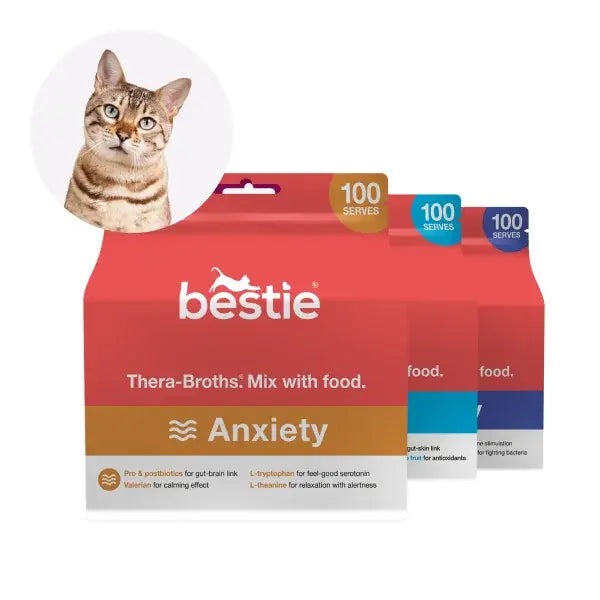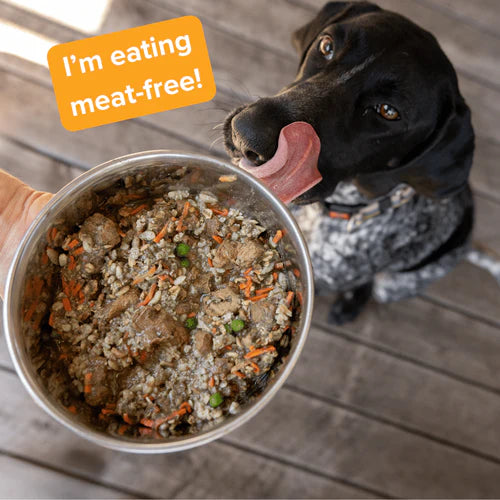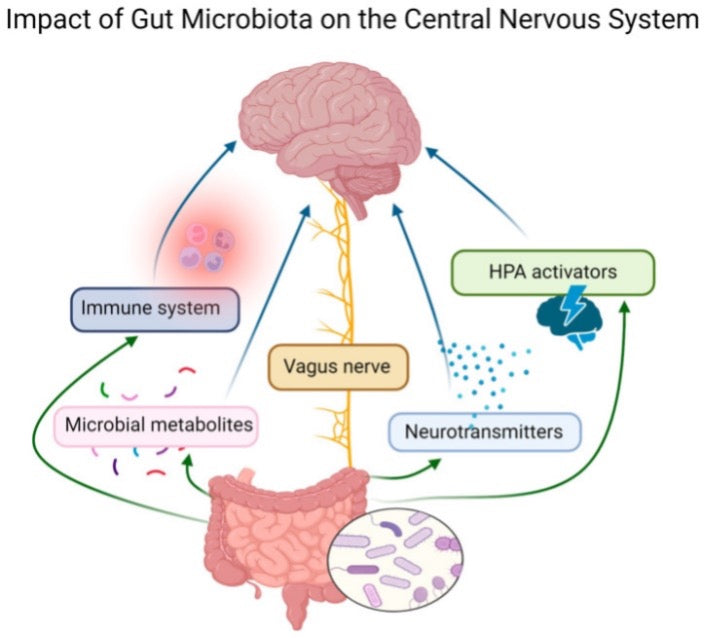The rise of veganism and plant-based diets have seen remarkable growth in the past few years, especially in Australia.
In 2018, Australia was the most popular country for veganism, followed by the UK and New Zealand (Ismail et al., 2020). This trend continues to surge, with many pet owners wondering if their pets can also switch to a vegan diet. If you haven’t read our previous article, I’ll give you the quick answer—yes, feeding your pet a vegan diet is possible (and we’ve discussed that here).
But just because it’s possible doesn’t necessarily mean it’s healthy. Right?
Actually, switching to a vegan diet can be healthy and many pets have benefitted from veganism. Especially dogs, who are better adapted than cats to digesting vegetables.
So, let’s talk about vegan diets for dogs. Here’s what we know!
Nutrient Profile of Vegan Dog Food
Feeding your pet a vegan diet isn’t common. You might have friends, family, and even the online community questioning your decision to feed your dog a vegan diet. The truth is, there is nothing wrong with feeding your pet vegan dog food!
Much of this stems from the idea that cats and dogs must eat meat. Traditionally, meat was a staple in their diets when they relied on hunting and scavenging for food. Fast forward to modern-day food science, and we now know that it’s not the ingredients that matter but the nutrients within those ingredients. It’s even common for veterinarians to prescribe vegetarian diets to pets facing dietary allergies and food sensitivities!
When it comes to vegan pet food, a 2018 study at the Ontario Veterinary Collage analysed 26 plant-based diets and found that indeed it’s possible to meet all of a dog’s dietary requirements with just plants. These diets need to be complete, balanced, and supplemented with nutrients that are often lacking in plants (like methionine, cysteine, vitamin D, calcium, phosphorous, and omega-3 fatty acids), but nonetheless, it’s possible to provide a purely plant-based diet (Dodd et al., 2021).
With the emergence of vegan pet food, most studies have focused on dietary composition rather than clinical outcomes. Since we know vegan diets can meet the dietary needs of our pets, what should take precedence are studies looking at the clinical outcomes of these diets to see if our pets are able to utilize these nutrients. Just because the nutrients are in the food doesn’t mean that your pet’s digestive system can utilise it. To find out how effective a vegan diet is for our pets, we need real-world results—and these are the clinical outcomes of feeding trials.
Clinical Outcomes and Health Benefits of Vegan Dog Food
Let’s explore this less familiar side of vegan dog food and get you caught up on a recent study focusing on the clinical outcomes of feeding plant-based diets and how they may benefit your pet.
When you look through the literature, plenty of studies highlight the benefits of feeding a vegan diet to your dog. However, these studies usually have a small sample size, making the data unreliable. A more recent collaboration between Australian and UK health institutions focused on performing feeding trials in dogs using vegan diets. This is the gold standard for assessing nutritional soundness.
Their goal? To collect data that tell us how different diets affect the health of our dogs.
The Study
For the study data to be representative and credible, they needed what other vegan dog food studies didn’t have—a large sample size. In total, this study included 2,536 dogs who would be monitored over one year by pet owners and their veterinarians (Knight et al., 2022)!
But this study wasn’t just looking at the health effects of vegan dog food; it was much more than that. The researchers wanted to compare seven main health status indicators between dogs being fed conventional (meat-based kibble), raw, and vegan diets. This means we’re not just seeing the health effects of vegan dog food, but also how vegan diets compare to the more standard meat kibble when it comes to pet health.
The seven health indicators used in this study are as follows:
- Frequency of veterinary visits
- Medication use in the last year (not including routine vaccines and antiparasitics)
- Progression onto a therapeutic diet
- Guardian opinion of health status
- Veterinary opinion of health status
- Percentage of unwell dogs
- Number of health disorders per unwell dog
The Results
This study showed that dogs on a conventional kibble diet generally have worse health outcomes than those on raw meat or vegan diets. Using the seven pre-determined health indicators above to reach this conclusion, both raw meat and vegan diets appear to be healthier for your dog’s long-term health.
Let’s take a closer look at their results.
Number of veterinary visits
Veterinary visits reflect pet health. Annual health checks are common, making 0-to-1 visits a year an indicator of good health, while 2+ veterinary visits could suggest potential health concerns.
The study found that dogs fed conventional kibble diets had more veterinary visits than dogs receiving raw or vegan diets. Especially when we focus on the proportion of dogs that had +4 veterinary visits, 17% were fed conventional pet food, while those fed raw (8%) and vegan (9%) diets were significantly lower.

Fig 1. Veterinary visits of 2,520 dogs fed three main diets in the last year.
Medication use in the last year
The use of medications can also indicate potential health concerns, another parameter that increased among dogs fed conventional kibble compared to those on raw or vegan diets. The lower percentage of veterinary visits for dogs on raw and vegan diets (Fig 1) may also be associated with fewer medication refills and reduced disease progression over the past year as a result of raw and vegan diets supporting pet health sufficiently (Fig 2).

Fig 2. Medication use in 2,536 dogs fed three main diets.
Guardian opinion of pet health status
When pet guardians were asked how they believe a veterinarian would assess their pet’s health, those with dogs on conventional diets anticipated their veterinarian would be more likely to diagnose health issues. Guardians of dogs on conventional diets were also more likely to assess their dogs as less healthy than those on vegan or raw meat diets (Fig 3).

Fig 3. Guardian opinions of the health status of 2,530 dogs fed three main diets.
Prevalence of 22 specific disorders
The most common health issues included gastrointestinal, skin/coat, musculoskeletal, and ear problems. This aligns with previous studies and was expected.
Interestingly, the prevalence of disorders was reduced in dogs fed vegan diets for many of these conditions (Fig 4). On the other hand, vegan diets were associated with an increased risk of developing internal parasites. The reasons behind this weren’t fully explained, but proper management of internal and external parasites should address the issue. Overall, the data suggests diet has varying effects on a dog's health, with vegan diets having certain advantages in reducing health risks.

Fig 4. Prevalence of 22 specific disorders or affected bodily systems in 2,054 dogs fed three main diets, based on reported assessments of veterinarians.
Conclusion
With concerns regarding traditional pet foods (including their environmental impact, perceived unnaturalness, and health issues), alternative diets like vegan options have gained traction.
So, how healthy is a vegan diet for your dog?
The findings of this study suggest that dogs on conventional meat diets generally have worse health outcomes than raw meat and vegan diets. When weighing health outcomes and dietary hazards, the findings suggest that a well-balanced vegan diet may be a better alternative for dogs, with particular emphasis on nutritionally complete and balanced vegan plant-based formulations.
References
Dodd, S. A. S., Shoveller, A. K., Fascetti, A. J., Yu, Z. Z., Ma, D. W. L., & Verbrugghe, A. (2021). A Comparison of Key Essential Nutrients in Commercial Plant-Based Pet Foods Sold in Canada to American and European Canine and Feline Dietary Recommendations. Animals (Basel), 11(8). https://doi.org/10.3390/ani11082348
Ismail, I., Hwang, Y. H., & Joo, S. T. (2020). Meat analog as future food: a review. J Anim Sci Technol, 62(2), 111-120. https://doi.org/10.5187/jast.2020.62.2.111
Knight, A., Huang, E., Rai, N., & Brown, H. (2022). Vegan versus meat-based dog food: Guardian-reported indicators of health. PLoS One, 17(4), e0265662. https://doi.org/10.1371/journal.pone.0265662


